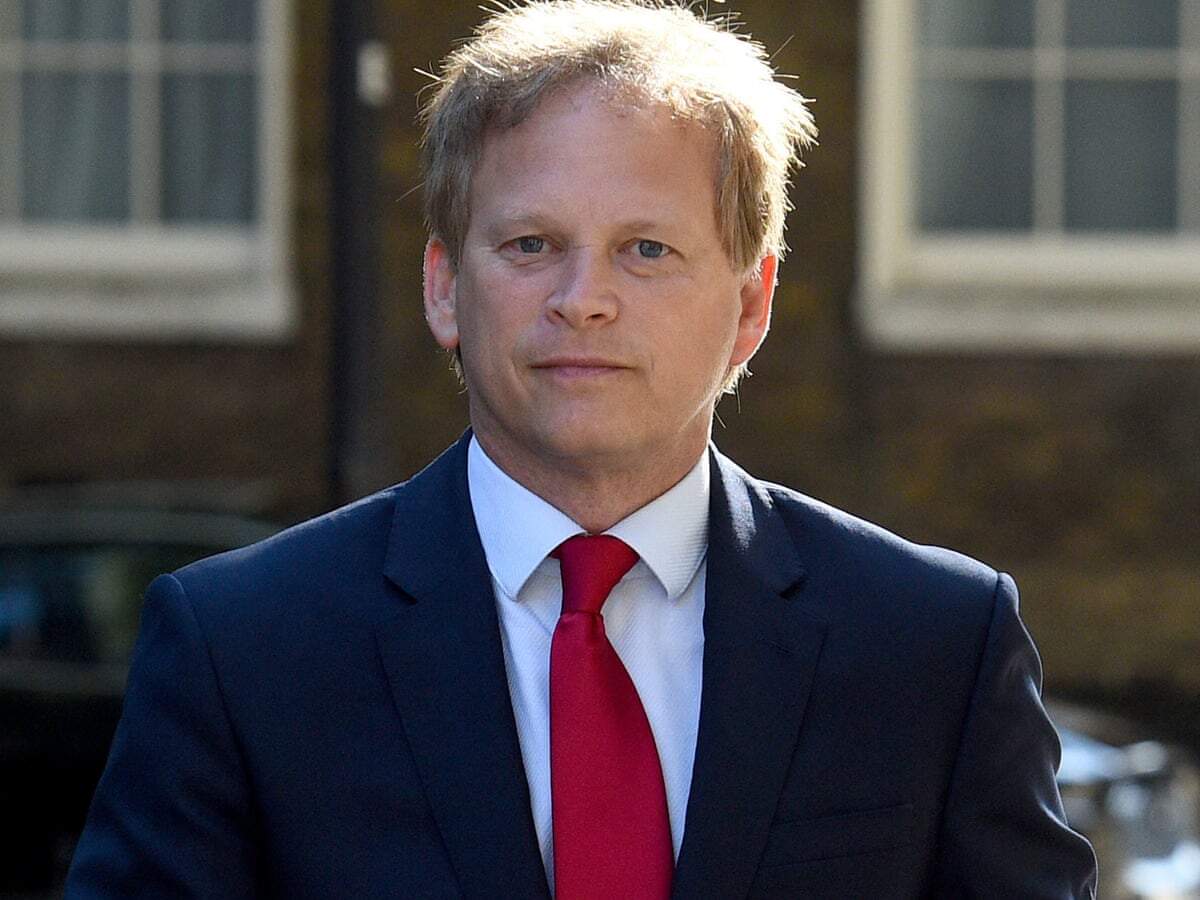 New Delhi: Cleaner air, healthier communities and tens of thousands of new green jobs are set to become reality thanks to the UK’s revolutionary transport decarbonisation plan, Transport Secretary Grant Shapps announced on Wednesday.
New Delhi: Cleaner air, healthier communities and tens of thousands of new green jobs are set to become reality thanks to the UK’s revolutionary transport decarbonisation plan, Transport Secretary Grant Shapps announced on Wednesday.
With just months to go until major climate summit COP26, the plan provides a world-leading ‘greenprint’ to cut emissions from seas and skies, roads and railways, setting out a credible pathway for the whole transport sector to reach net zero by 2050.
Cleaner transport will create and support highly skilled jobs, with the production of zero emission road vehicles alone having the potential to support tens of thousands of jobs worth up to 9.7 billion pound GVA in 2050. This will also ensure the air breathe is cleaner in communities and reduce time spent in traffic.
As part of this vision, the government announced its intention to phase out the sale of new diesel and petrol heavy goods vehicles (HGVs) by 2040, subject to consultation — combined with the 2035 phase out date for polluting cars and vans, this represents a world-leading pledge to phase out all polluting road vehicles within the next two decades.
The consultation proposes a 2035 phase out date for vehicles weighing from 3.5 to 26 tonnes and 2040 for vehicles weighing more than 26 tonnes — or earlier if a faster transition seems feasible.
With billions of pounds in investment already pledged including 2 billion pound in cycling and walking and 2.8 billion pound to support industry and motorists to make the switch to cleaner vehicles, the transport decarbonisation plan also sets out how the government will improve public transport and increase support for active travel to make them the natural first choice for all who can take them — creating a net zero rail network by 2050, ensuring net zero domestic aviation emissions by 2040 and leading the transition to green shipping.
Transport Secretary Grant Shapps said: “Transport is not just how you get around. It is something that fundamentally shapes our towns, cities and countryside, our living standards and our health.
“It can shape all those things for good or for bad. Decarbonisation is not just some technocratic process. It’s about how we make sure that transport shapes quality of life and the economy in ways that are good.
“It’s not about stopping people doing things: it’s about doing the same things differently. We will still fly on holiday, but in more efficient aircraft, using sustainable fuel. We will still drive, but increasingly in zero emission cars.
“The transport decarbonisation plan is just the start — we will need continued efforts and collaboration to deliver its ambitious commitments, which will ultimately create sustainable economic growth through healthier communities as we build back greener.”
Elizabeth de Jong, Director of Policy at Logistics UK, said: “The transport decarbonisation plan will help to provide logistics businesses with confidence and clarity on the steps they must take on the pathway to net zero.
“Consultation on proposed phase out dates for new diesel HGVs should enable business to move forwards with confidence. Rail, shipping and aviation are all essential parts of logistics, so plans to support freight modal shift and develop technologies to reduce emissions across these modes are welcome.”
The government is also publishing a 2035 delivery plan, which brings together all of the measures for decarbonising cars and vans, from across government, into a single document.
It outlines the key timelines, milestones and how progress towards the commitment to deliver mass ownership of zero emission cars and vans will be monitored.
This follows recent investments from car manufacturer Nissan to produce its new-generation electric vehicle in Sunderland, alongside Envision’s new Gigafactory, as well as Stellantis’s investment in Vauxhall’s Ellesmere Port manufacturing plant to transform the site for a new era in electric vehicle manufacturing.
Aviation has a vital role to play in tackling climate change, which is why the government is also launching the Jet zero consultation, which commits the sector to a net zero emissions target by 2050 and sets out an action plan for how it can be achieved — ensuring everyone can continue to fly for holidays, visits to family and business without contributing to climate change.
Reflecting the fact the UK aviation industry is already leading the way in seeking to reduce emissions from flights, the consultation proposes an earlier target for the UK domestic aviation to reach net zero by 2040, as well as for all airport operations in England to be zero emission by 2040.
